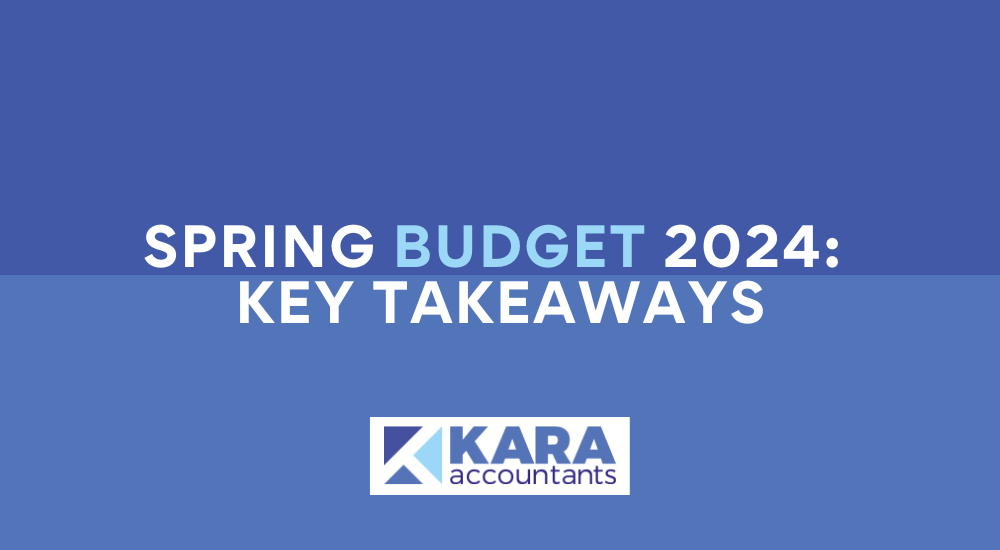
Spring Budget 2024: Key Takeaways
In his Spring Budget statement on March 6, 2024, Chancellor Jeremy Hunt outlined significant changes in personal taxation and provided insights into upcoming tax administration measures. Here’s a breakdown of the key highlights:
Personal Tax Changes:
- Major personal tax changes were unveiled, possibly the last before the upcoming general election.
- A two percent cut in the main rate of national insurance contributions (NIC) for employees and self-employed starting from April 6, 2024, resulting in a total four percent cut in the main NIC rate for employees and a three percent cut for the self-employed.
- The threshold for applying the high income child benefit charge increased by £10,000 to £60,000 from April 6, 2024.
- The rate of the charge effectively halved by increasing the end of the taper range by £20,000 to £80,000.
- HMRC granted power to consider total household incomes for the high income child benefit charge.
Business Measures:
- Businesses, except those in the energy sector, saw little impact this time.
- Extension of full expensing for plant and machinery expenditure for leasing, subject to economic conditions.
- Extension of the Energy Profits Levy for an additional year until March 31, 2029.
- Further incentives for the creative sector announced, totaling approximately £1 billion over the next five years.
VAT and Business Rates:
- VAT registration threshold increased from £85,000 to £90,000 from April 1, 2024, ending a seven-year freeze.
- Empty property relief reset period extended from six to thirteen weeks from April 1, 2024.
Tax Raising Measures:
- Abolition of multiple dwellings relief for stamp duty land tax effective for completions on or after June 1, 2024.
- Abolition of special tax treatment for furnished holiday lettings.
- Reduction of capital gains tax rate on residential property to 24 percent.
- Abolition of the existing non-domicile regime from April 6, 2025, replaced with a new exemption for foreign income and gains for the first four years of UK residence, among other changes.
Government Spending and Fiscal Policy:
- Existing tight proposals for government spending over the next five years of a one percent per year real increase in spending maintained.
- Focus on investment in artificial intelligence and information technology to increase productivity in the national health services and other areas.
The Spring Budget 2024 showcases significant shifts in personal taxation, business incentives, and tax administration measures. Chancellor Hunt’s choices reflect an attempt to balance tax cuts with tight government spending, possibly impacting the upcoming general election dynamics. As these measures unfold, their implications for the economy and society will become clearer. Stay tuned for further updates and analysis.

This Post Has 0 Comments